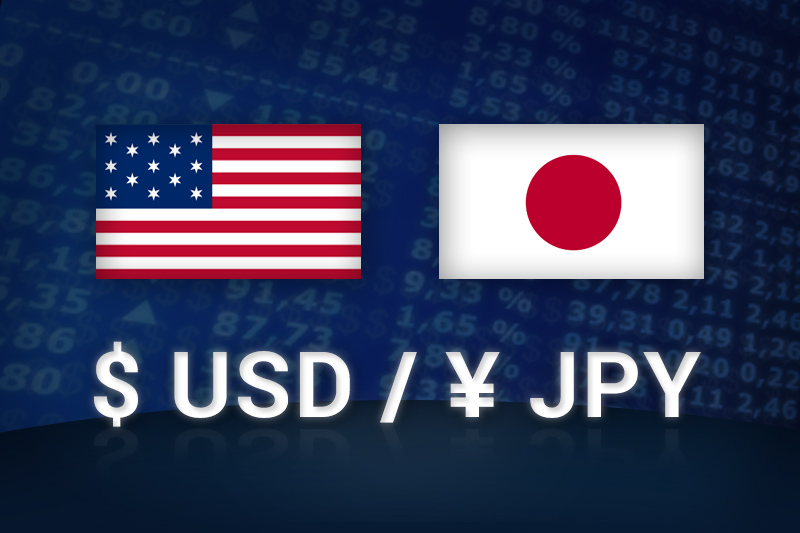Investing.com’s stocks of the week
Investing.com - The U.S. dollar was steady against the yen on Wednesday, as safe haven demand remained supported after Sunday’s votes in Greece and France sparked fresh concerns over the handling of the financial crisis in the euro zone.
USD/JPY hit 79.72 during early European trade, the daily low; the pair subsequently consolidated at 79.82, inching down 0.06%.
The pair was likely to find support at 79.35, the low of February 20 and resistance at 80.07, Tuesday’s high.
Investors continued to monitor political developments in Greece, as the debt-laden country struggles to form a coalition government following weekend elections.
The leader of the leftist Syriza party, Alexis Tsipras declared Tuesday that Greece's financial aid package is null and void, and called for a moratorium on Greek debt payments.
The political uncertainty fuelled fears that Greece will not have a government in place in time to secure its next tranche of international aid next month, as new elections look increasingly likely.
Developments in France were also in focus, as Socialist President-elect Francois Hollande has advocated an approach to tackling the debt crisis centered more on growth, which may create tensions with Germany's insistence on fiscal austerity.
Meanwhile, the yen was higher against the euro with EUR/JPY declining 0.21%, to hit 103.65.
Later in the day, the U.S. was to produce government data on crude oil stockpiles. A 10-year U.S. government bond auction was also scheduled.
USD/JPY hit 79.72 during early European trade, the daily low; the pair subsequently consolidated at 79.82, inching down 0.06%.
The pair was likely to find support at 79.35, the low of February 20 and resistance at 80.07, Tuesday’s high.
Investors continued to monitor political developments in Greece, as the debt-laden country struggles to form a coalition government following weekend elections.
The leader of the leftist Syriza party, Alexis Tsipras declared Tuesday that Greece's financial aid package is null and void, and called for a moratorium on Greek debt payments.
The political uncertainty fuelled fears that Greece will not have a government in place in time to secure its next tranche of international aid next month, as new elections look increasingly likely.
Developments in France were also in focus, as Socialist President-elect Francois Hollande has advocated an approach to tackling the debt crisis centered more on growth, which may create tensions with Germany's insistence on fiscal austerity.
Meanwhile, the yen was higher against the euro with EUR/JPY declining 0.21%, to hit 103.65.
Later in the day, the U.S. was to produce government data on crude oil stockpiles. A 10-year U.S. government bond auction was also scheduled.
